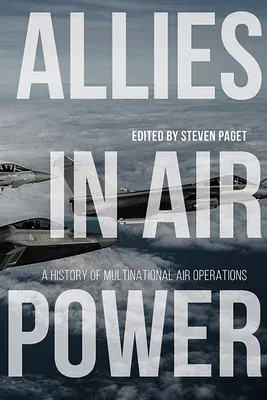In the past century, multinational military operations have become the
norm; but while contributions from different nations provide many
benefits -- from expanded capability to political credibility -- they
also present a number of challenges. Issues such as command and control,
communications, equipment standardization, intelligence, logistics,
planning, tactics, and training all require consideration. Cultural
factors present challenges as well, particularly when language barriers
are involved.
In Allies in Air Power, experts from around the world survey these
operations from the birth of aviation to the present day. Chapters cover
conflicts including World War I, multiple theaters of World War II, the
Korean War, the Vietnam War, the Gulf War, Kosovo, the Iraq War, and
various United Nations peacekeeping missions. Contributors also analyze
the role of organizations such as the UN, NATO, and so-called
"coalitions of the willing" in laying the groundwork for multinational
air operations.
While multinational military action has become commonplace, there have
been few detailed studies of air power cooperation over a prolonged
period or across multiple conflicts. The case studies in this volume not
only assess the effectiveness of multinational operations over time, but
also provide vital insights into how they may be improved in the future.

